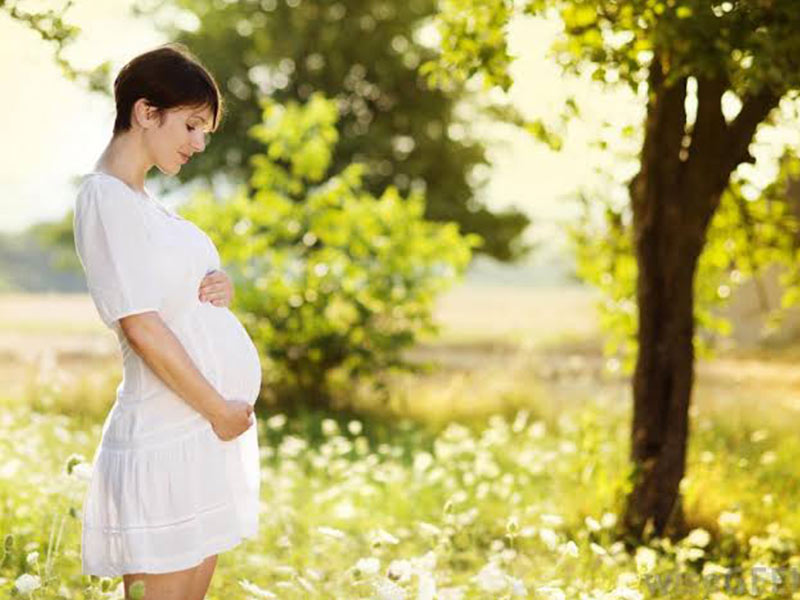
Despite the presence of fertilised egg, the thickening of the uterine lining occurs pertaining to the hormonal changes in the body. The primary reason for the occurrence of decidual bleeding is the shedding of this thickened uterine lining. Decidual bleeding is more like menses but it occurs in the first three months of pregnancy. It is in this regard important to understand that decidual bleeding is not an actual menstrual cycle, but it happens at the time when the woman would have had her period had she not conceived.
Table of Content:-
Also known as first-trimester bleeding, only 28%-30% pregnant women experience it and it is usually harmless to the prospective mother as well as foetus. Missing of menstrual cycles is not the only indication of pregnancy but other pregnancy signs such as regular nausea, enhanced breast size, tender breasts, fatigue or frequent urination must be taken into consideration. This could help you in knowing the actual pregnancy or a late menstrual cycle in case you have not conceived. Onlymyhealth editorial team spoke to Dr. Renu Raina Sehgal, Chief of the Department of Obstetrics & Gynaecology, Artemis Hospital, Gurugram, about the symptoms, causes and treatment of decidual bleeding.
Decidual bleeding symptoms

Image source: Plexusmd.com
First-trimester bleedings last for one or two days, but may accompany sensation and pain in the body. Heavy bleeding needs urgent treatment so a doctor can rule out the possible complications such as ectopic pregnancy, impending miscarriage, vaginal infections or any other adverse health effect. As per Dr. Renu, here are the main symptoms of decidual bleeding:
- Bleeding
- Spotting
- Menstrual cramps
- Abdominal pain
Decidual bleeding causes
Concisely, decidual bleeding happens early in pregnancy due to hormonal imbalance in pregnant women and leads to the partial shedding of uterine lining. It usually mimics a period and carries more blood clots than normal menstrual cycle. Also known as first-trimester bleeding, it is light to crimson red in colour. Decidual bleeding does not affect the health of the mother and foetus still it needs the doctor’s consultation to avoid pregnancy complications in the future. The main causes of decidual bleeding are:
- Hormonal changes
- Ectopic pregnancy
- Miscarriage or abortion
- Hormonal contraceptives
Also read: Implantation Bleeding: An Early Sign Of Pregnancy
Difference between decidual bleeding and implantation bleeding

Image credits: Theobgynmum.com
Decidual bleeding is usually confused with implantation bleeding. Another first-trimester bleeding which occurs when the fertilised egg is implanting in the uterus. Both implantation bleeding and decidual bleeding cause no harm to the mother and the foetus. But, these forms of bleeding or any other vaginal bleeding must be reported to the doctor immediately. A woman experiencing first-trimester bleeding can have a normal pregnancy and normal delivery.
Implantation bleeding generally has pinkish or light-brownish blood spots and does not follow the usual pattern of menstrual cycle, whereas decidual bleeding follows that pattern with red blood and more clots than usual.
Decidual bleeding treatment
According to Dr. Renu, there is no specific treatment for decidual bleeding. In some cases, the condition resolves on its own while sometimes progesterone supplements are recommended by the doctors. Another factor to remember is to manage hormonal imbalance caused by diabetes, thyroid or other health conditions.
Read more articles on Women's health
Image credits: Infobloom
Also watch this video
How we keep this article up to date:
We work with experts and keep a close eye on the latest in health and wellness. Whenever there is a new research or helpful information, we update our articles with accurate and useful advice.
Current Version